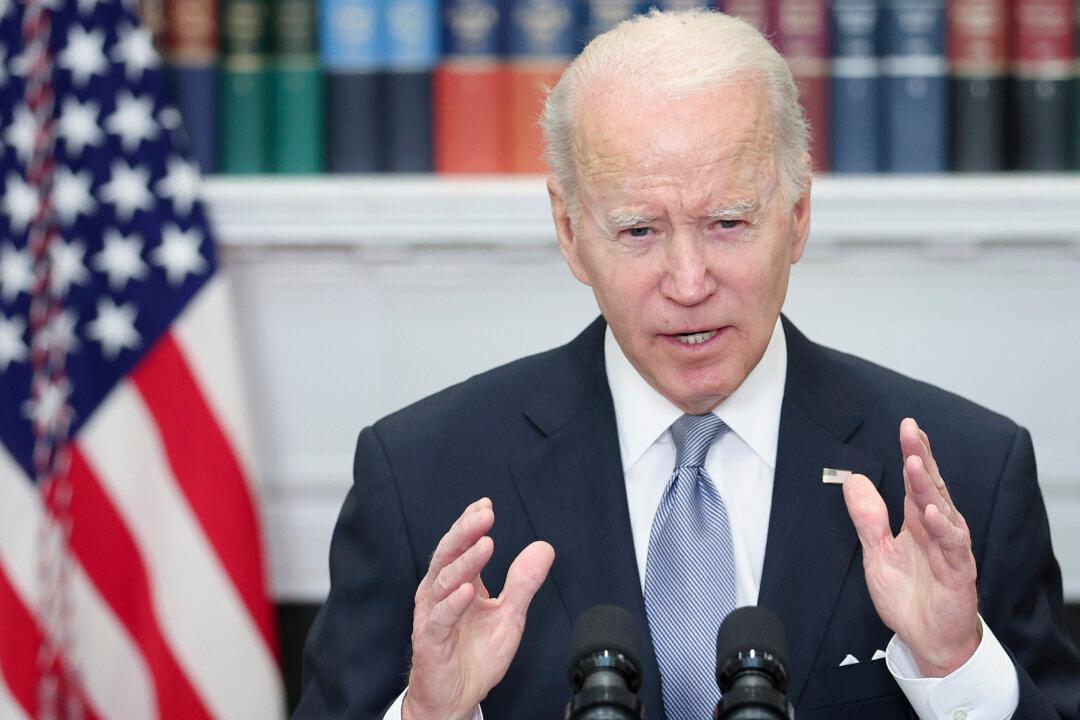The United States and 60 partner nations signed a new declaration on April 28, affirming their commitment to develop and promote a single global internet in the face of growing authoritarianism from China and Russia.
The Declaration for the Future of the Internet was designed to champion “a single interconnected communications system for all of humanity” amid surging “state-sponsored or condoned malicious behavior.”




